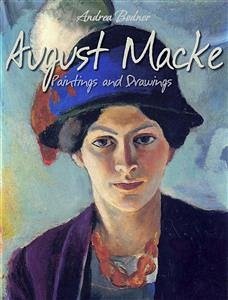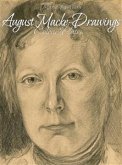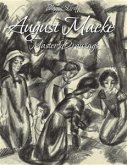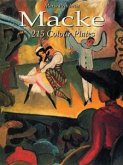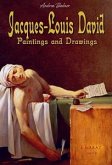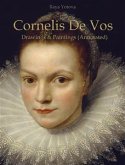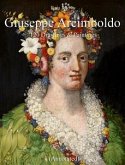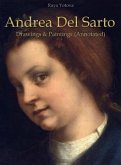August Macke lived during a mostly innovative time for German art and saw the development of the German Expressionist movements as well as the arrival of the following avant-garde movements which were forming in the rest of Europe. Like a true artist of his time, Macke knew how to integrate into his painting the elements of the avant-garde which most interested him. His style was formed within the mode of French Impressionism and Post-impressionism and later went through a Fauve period. Macke's meeting with Robert Delaunay in Paris in 1912 was to be a sort of revelation for him. Delaunay's chromatic Cubism, which Apollinaire had called Orphism. August Macke's oeuvre can be considered as Expressionism and also as part of Fauvism. The paintings concentrate primarily on expressing feelings and moods rather than reproducing objective reality, usually distorting color and form.
Bitte wählen Sie Ihr Anliegen aus.
Rechnungen
Retourenschein anfordern
Bestellstatus
Storno

